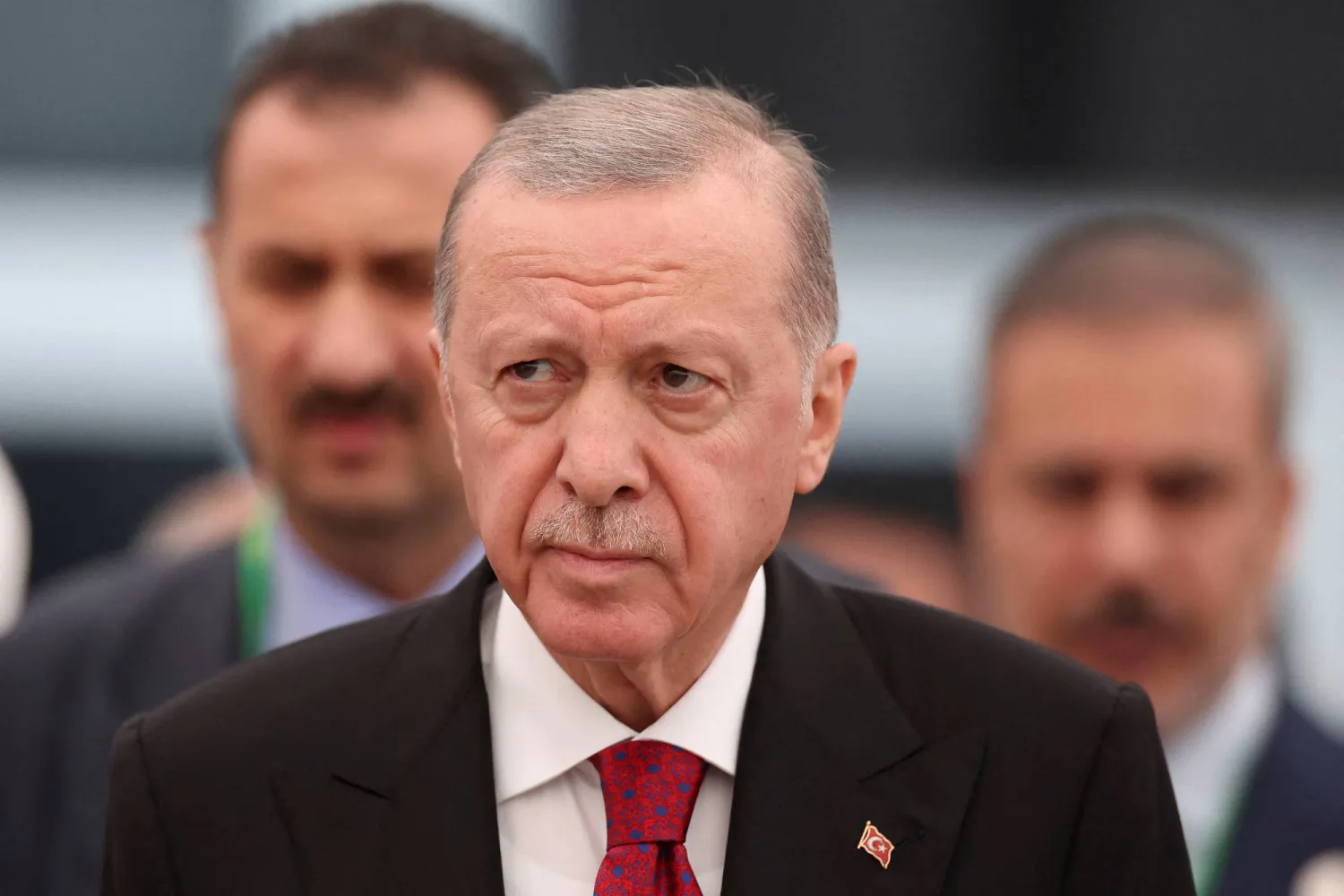Turkish President Tayyip Erdogan will discuss the latest developments in the Russia-Ukraine war with NATO Secretary General Mark Rutte on Monday during his visit to Ankara, a Turkish official said on Sunday.
Russia struck Ukraine with a new hypersonic medium-range ballistic missile on Thursday in response to Kyiv's use of US and British missiles against Russia, marking an escalation in the war that began when Moscow launched a full-scale invasion of its neighbor in February 2022.
NATO member Türkiye, which has condemned the Russian invasion, says it supports Ukraine's territorial integrity and it has provided Kyiv with military support.
But Türkiye, a Black Sea neighbor of both Russia and Ukraine, also opposes Western sanctions against Moscow, with which it shares important defense, energy and tourism ties.
On Wednesday, Erdogan opposed a US decision to allow Ukraine to use long-range missiles to attack inside Russia, saying it would further inflame the conflict, according to a readout shared by his office.
Moscow says that by giving the green light for Ukraine to fire Western missiles deep inside Russia, the US and its allies are entering into direct conflict with Russia. On Tuesday, Putin approved policy changes that lowered the threshold for Russia to use nuclear weapons in response to an attack with conventional weapons.
During their talks on Monday, Erdogan and Rutte will also discuss the removal of defense procurement obstacles between NATO allies and the military alliance's joint fight against terrorism, the Turkish official said.
Türkiye’s Erdogan to Discuss Ukraine War with NATO Chief

Turkish President Recep Tayyip Erdogan attends the G20 summit in Rio de Janeiro, Brazil, November 19, 2024 (Reuters)

Türkiye’s Erdogan to Discuss Ukraine War with NATO Chief

Turkish President Recep Tayyip Erdogan attends the G20 summit in Rio de Janeiro, Brazil, November 19, 2024 (Reuters)
لم تشترك بعد
انشئ حساباً خاصاً بك لتحصل على أخبار مخصصة لك ولتتمتع بخاصية حفظ المقالات وتتلقى نشراتنا البريدية المتنوعة







